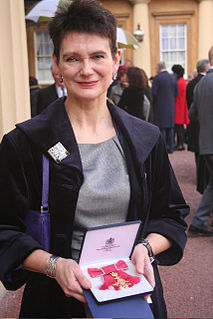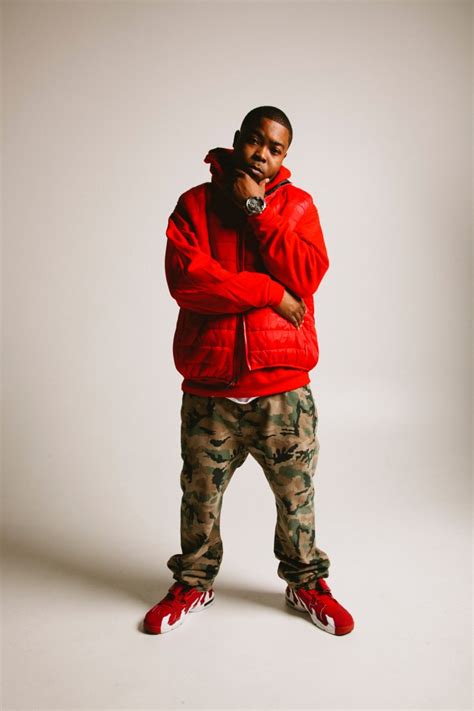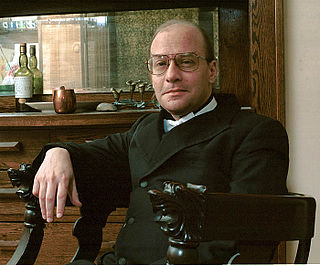A Quote by Emma Donoghue
Ah yes, the paradox of publicity is that even as we do it, we know it's killing off the chance of another reader happening across our book in the ideal state of innocence.
Related Quotes
In my couple of books, including Going Clear, the book about Scientology, I thought it seemed appropriate at the end of the book to help the reader frame things. Because we've gone through the history, and there's likely conflictual feelings in the reader's mind. The reader may not agree with me, but I don't try to influence the reader's judgment. I know everybody who picks this book up already has a decided opinion. But my goal is to open the reader's mind a little bit to alternative narratives.
Every reader, as he reads, is actually the reader of himself. The writer's work is only a kind of optical instrument he provides the reader so he can discern what he might never have seen in himself without this book. The reader's recognition in himself of what the book says is the proof of the book's truth.
A bus came. The soldier turned away from her and walked toward it. Tatiana watched him. Even his walk was from another world; the step was too sure, the stride too long, yet somehow it all seemed right, looked right, felt right. It was like stumbling on a book you thought you had lost. Ah, yes, there it is.






































